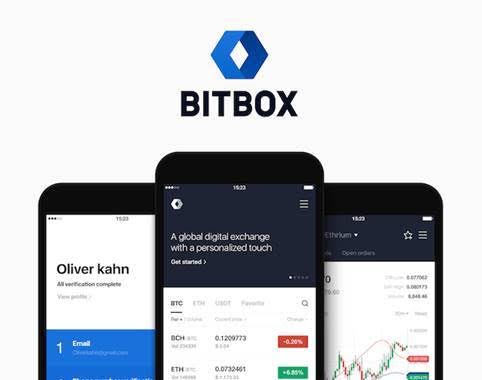Chat app Line to launch crypto exchange in July but it won’t cover US or Japan
Messaging app firm Line has confirmed it will launch a cryptocurrency exchange called BitBox next month.
The company said back in January that it planned to enter the crypto space with an exchange, but today it said that the BitBox service won’t be available for users in the U.S. and Japan — that’s presumably down to regulatory uncertainty.
What it will include, however, is support for trading 30 tokens — Line is only revealing big names like Bitcoin, Ethereum, Bitcoin Cash, and Litecoin so far — and a 0.1 percent trading fee. Line said it has picked the tokens following “an extensive screening process” which saw an internal commitment asses what on the market represents “the most reliable and safest trading [options] for users.”
Bitbox will be available worldwide and in 15 languages. It isn’t yet clear whether it will include an option to buy or sell tokens using fiat — a key ramp to getting new money into crypto — or whether this will just be token-to-token trading.
Line has around 200 million monthly active users and it has expanded into adjacent services such as taxis on-demand, music streaming, mobile payment and more, so this foray could represent a step towards accepting crypto for its other services in the future. But the exclusion of U.S. and Japan-based users is a major caveat.
Japan is Line’s largest market for revenue and users, so by excluding the country, it is severely limiting the potential impact that Bitbox can have.

Nonetheless, the company is need of something fresh to revitalize its business in the wake of increasing competition from Facebook, which operates WhatsApp and Messenger, the world’s most popular messaging apps with over one billion monthly users each.
Prior its $1.1 billion U.S.-Japan IPO in 2016, Line had targeted a global audience via its messaging service — which pioneered the concept of stickers — and a connected games business. Its international expansion didn’t go according to plan, however, and the company refocused efforts on its four core markets of Japan, Thailand, Taiwan and Indonesia, which account for 168 million of its active users.
In those markets, it offers a range of localized services that include video streaming, manga cartoons, shopping, ride-hailing and other on-demand services. Last year, it began to sell smart hardware and AI to offer its own cartoony alternative to Amazon’s Echo range and Google Home devices. In some markets, it also offers a Line-branded mobile phone/data service.
There’s plenty of pressure, however. Facebook’s global popularity makes Messenger an option for most internet users on the planet while the company is busy in other areas. WhatsApp recently moved into business solutions that allow companies to correspond with users via its service, and it is tipped to add payments soon. CEO Mark Zuckerberg pledged to look into whether Facebook can make use of blockchain technology and earlier this year he set up a dedicated division that is headed by David Marcus, the ex-lead for Messenger and former CEO of PayPal.
Note: The author owns a small amount of cryptocurrency. Enough to gain an understanding, not enough to change a life.

